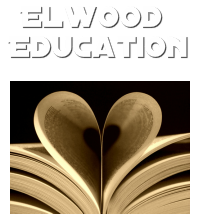LOTF Quotation Assistance
Samples from Class discussion on Tuesday, April 28th
Samples from Class discussion on Tuesday, April 28th
THE TOP TWO SAMPLES EXEMPLIFY AN ESSAYIST'S USE OF BURRIS.
Burris cites Golding’s own view about his purpose for using children, rather than grown men in his microcosm. Golding “did not want to complicate the issue with that relative triviality” (1); however, that triviality forms the basis of man’s greatest drive.
Dick believes that the “societal breakdown is caused by the suppression of the Dionysian, or ‘brute’ side of man” (Burris 2).
THE TEXT IMMEDIATELY BELOW IS COPIED DIRECTLY FROM PAGE 2 OF BURRIS. THE TEXT BELOW THIS IS MY VERSION OF AN ESSAYIST USING BURRIS AS A SOURCE.
Jack has many Apollonian characteristics. Apollo is associated with music (Dick 9). It is Jack, and not Ralph, who is head of the choir, who can “sing C sharp” (Golding 21). Apollo is associated with rationalism (Dick 10). But it is Jack, and not Ralph, who realizes that Piggy’s glasses can be used to start the fire (Golding 38). Dick points out that Ralph insists not just on rules, “but more rules,” and he argues that this is evidence of Ralph thinking in “terms of excess” (19).
Burris explains Dick’s view that because Jack can “sing a C sharp,” as Jack boldly declares in LOTF, that Jack is the Apollonian character. For Dick, Golding’s choice signifies the need for “more rules” because he considers this “evidence of Ralph thinking in ‘terms of excess’” (qtd. in Burris 2). Burris believes that since Dick “associated [Apollo] with rationalism,” that indicates that Jack represents rational thought (2), which means that he is not a child of God.
